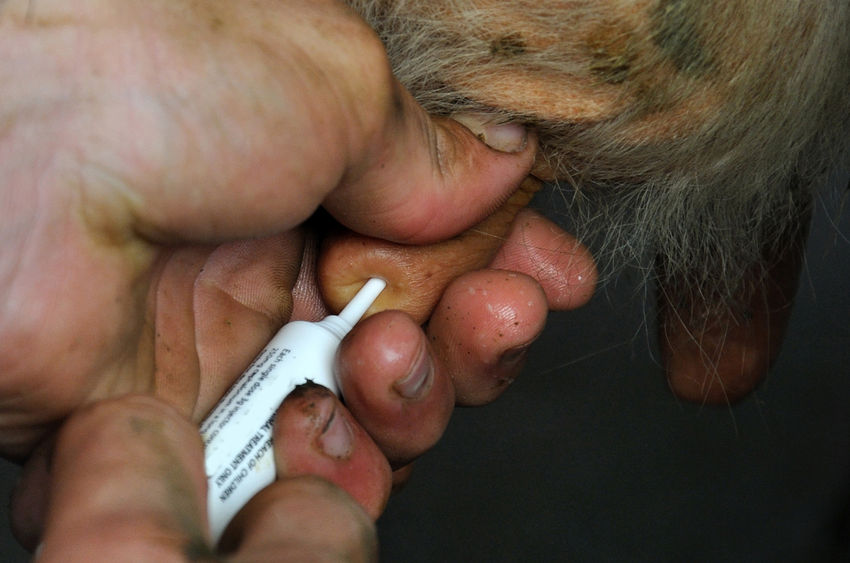
The livestock sector has made good progress in slashing antibiotic use despite the challenges of the pandemic and the UK's exit from the EU, according to a 'one year on' report from RUMA.
The report, by the Responsible Use of Medicines in Agriculture (RUMA), highlights where targets are already being achieved or sustained, and where challenges remain.
It reveals that for some sectors it is still too early in the four-year targets cycle to provide accurate data, but where data is provided it indicates 'good' first year progress.
RUMA's summary report, available to see online, covers ten sectors across aquaculture, pigs, poultry and ruminants.
It says that ruminant sectors of beef, dairy, calves and sheep, for which usage remains largely unknown or unproven due to unavailability of data.
The focus in these sectors going forward is on understanding antibiotic use and encouraging on farm benchmarking with engagement between farmer and vet and the development of health plans.
Elsewhere, pigs and gamebirds are still on their downward trajectory and are making strong progress on reducing use, the report says. The new target plans to reduce use by a further 30% and 40% respectively.
Those which have already achieved low levels of use, such as salmon, trout, laying hens and poultry meat sectors, have a target to maintain antibiotic use.
Cat McLaughlin, RUMA chair said: “Despite an exceptional 12 months, there have been some great achievements realised in year one of the second set of RUMA Targets Task Force targets, which is testament to the hard-work and commitment across all sectors.
“Events of the past year have undoubtedly affected the industry in many ways, but producers, vets, and wider industry have continued to manage with the utmost professionalism and commitment to the responsible use of antibiotics through this challenging time."
The latest targets build on the successful implementation of the last targets released back in 2017 which helped to halve sales of antibiotics to treat UK farm animals and achieve the fifth-lowest usage in Europe, with only Nordic countries lower.
The report says the unprecedented nature of the past year resulted in significant industry challenges including supply chain resource and infrastructure issues, and labour difficulties.
These unique set of circumstances have had far reaching and varying impacts some of which are yet to be fully understood across the farming industry and the journey towards the targets, it adds.
Ms McLaughlin added: “It is important to remember that the targets are not about driving towards zero antibiotic use; antibiotics are needed when necessary as a tool to treat sick animals and to improve and maintain animal welfare.
"Each sector will ultimately reach a sustainable level below which further reductions could negatively impact animal welfare.
"For now, efforts to maintain or continue reductions across most sectors are delivering good results, but it is to be expected that usage is beginning to level out or even bounce back a small amount in some cases where sustainable use has been achieved.”
According to a new report released by the government this week, the use of antibiotics in UK livestock has fallen again with sales more than halving over the past six years.
Last year saw another drop in the use of antibiotics in food-producing animals, having reduced by 52% in just six years between 2014 and 2020.
This means that the UK now has one of the lowest levels of antibiotic use in Europe, the Veterinary Medicines Directorate's (VMD) report shows.
